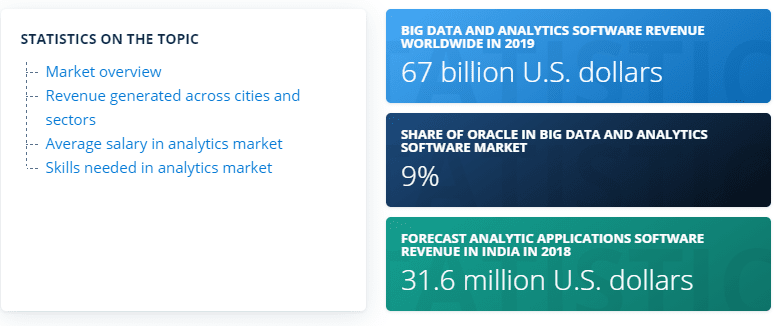The world of business is changing fast. To keep up with the rapid pace, companies will need to adopt new strategies and technologies that work for them. One such method often get adopted by many companies is Agile Business Analysis.
This blog post will explore what industries need agile business analysts, why they’re essential in various fields, and how to become successful business analysts.
What is an Agile Business Analyst?
An agile business analyst training helps a business develop its strategy and identify the most financially sound path to take. Agile analysts use their technical knowledge of agile methodology, specifically Scrum and Kanban, to build roadmaps and plan out projects with development teams iteratively.
Why Agile Business Analysis?
- Businesses are fast-paced, and the market is constantly changing.
- The change in the market means that companies must adapt to new conditions.
- The best way for businesses to adapt to new conditions is by bringing in agile business analysts who will work with the company’s teams, managers, and stakeholders to ensure that this transition into Agile management practices is smooth.
Why Do We need Agile Business Analysts?
- Businesses, teams, and stakeholders want to be involved in the discovery process when figuring out how best to schedule work and break up projects.
- They understand that this will increase transparency among groups because everyone wants their voice to get heard.
- Engaging those involved ensures that everyone is on the same page and will provide a more effective product and less confusion later on.
- The ability to be an agile business analyst can open up doors for career advancement. Agile business analysts who want to move into other areas such as marketing or finance may do so more easily by having experience in this methodology.
- Agile business analysis is a growing trend that allows employees to be cutting edge of new methodologies and technologies.
Agile Business Analysis Job Duties and Skills
Agile business analysts typically perform the following job duties:
- Conduct research about client business needs
- Interview client representatives to learn about their business challenges and create use cases
- Create wireframes, mockups, or prototypes of applications based on user research
- Conduct testing on early versions of the application
Explore and Learn with Imarticus Learning
The Agile Business Analyst PG Program is a six-month program that will prepare students for the tasks of an Agile Business Analyst. This placement-driven curriculum teaches them to handle current business analysis processes with applicable tools and approaches through several case studies, role-playing exercises, and hands-on training.
This program features a one-of-a-kind pricing structure. Student pays their fees only when they obtain a job offer with a minimum income of 5 lakhs per annum, with the possibility of earning up to 12 lakhs per year.
Some course USP:
- This business analyst certification course aid the students to learn job-relevant skills.
- Impress employers & showcase skills with the business analyst Course endorsed by India’s most prestigious academic collaborations.
- World-Class Academic Professors to learn from through live online sessions and discussions.



 Getting a certification in Business Analytics is in demand as more and more people are joining this profession. Such
Getting a certification in Business Analytics is in demand as more and more people are joining this profession. Such 

 The finance and banking sector in the analytics market across India generated 756 million US dollars in 2017. The analytics market in India is growing rapidly. The average pay of a business analyst in India is ₹6 lakhs per year. Moreover, it goes up to ₹10 lakhs per year, depending on your experience, skills, and location.
The finance and banking sector in the analytics market across India generated 756 million US dollars in 2017. The analytics market in India is growing rapidly. The average pay of a business analyst in India is ₹6 lakhs per year. Moreover, it goes up to ₹10 lakhs per year, depending on your experience, skills, and location. Security is a huge factor while considering a career. As a business analyst, you would have a secure career as there’s a huge shortage of talented and skilled business analytics professionals in the market.
Security is a huge factor while considering a career. As a business analyst, you would have a secure career as there’s a huge shortage of talented and skilled business analytics professionals in the market. The role of a business analyst offers a lot of flexibility and independence. You’d be working at your own pace and solving complex business problems, analyzing data patterns, and formulating solutions for your organization.
The role of a business analyst offers a lot of flexibility and independence. You’d be working at your own pace and solving complex business problems, analyzing data patterns, and formulating solutions for your organization. There are a lot of advantages to becoming a business analyst. It offers you numerous growth opportunities and highly lucrative pay. Business analytics is perfect for engineering students as engineers have experience in dealing with numbers and applied sciences.
There are a lot of advantages to becoming a business analyst. It offers you numerous growth opportunities and highly lucrative pay. Business analytics is perfect for engineering students as engineers have experience in dealing with numbers and applied sciences.
 Some core competencies of a business analyst include:
Some core competencies of a business analyst include: This
This 


